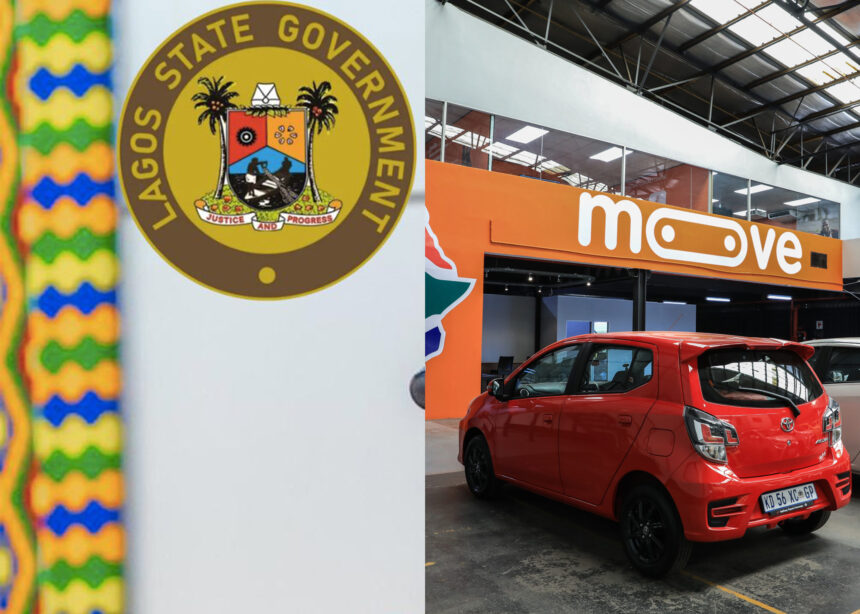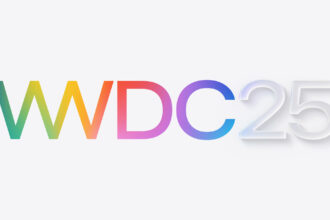The Lagos State Ministry of Transportation for days, going to weeks has been impounding vehicles owned by drivers who work with Moove, which uses the Uber platform.
On closer inspection of the situation, it is clear that the issues did not come from the drivers at all but from a struggle between Uber and the Lagos Government concerning database access issues.
The state wants the e-hailing company to integrate its API with the state government. In other words, granting the state access to the database for all its drivers and riders alike.
The issue with Moove, in this case, can be tagged “target by association”, as it is a known fact that Moove operates on the Uber platform. In addition to that is the recent investment of $100 million in Moove by Uber, which made headlines for most blogs and news outlets.
The task of Impounding Moove / Uber vehicles
The task of impounding the vehicles was an easy one due to the uniqueness of the Moove vehicles and some clever thinking.
According to the unfortunate Moove drivers, the Lagos state transportation officials simply booked rides on the platform and waited for their victims to arrive. Unsuspecting of anything, the drivers will arrive at the pickup point, only to have their tires slashed and their car impounded shortly afterward.
However, this is not just an underground guerilla warfare between the Lagos State Ministry of Transport and the e-hailing company Uber.
The PRO of the Lagos State Chapter of the Amalgamated Union of App-based Transporters of Nigeria (AUATON), Comrade Iwindoye Steven, in a statement during the early stages of the action, stated that the Lagos State government through the Ministry of Transportation has initiated actions of enforcement on Uber.
Is Uber breaking the law?
From an ignorant point of view, it would look like Uber is being protective of its database of drivers and riders, which is not just in Lagos State, but also worldwide. However, if we look at the regulations of Lagos State, it states, “all e-hailing taxi services MUST give the ministry access to their database”.
This means that the Lagos State government is well on its rights to act as they do since Uber is refusing to abide by the law of the state, which other e-hailing companies comply.
However, this is not the only issue Uber is facing in Nigeria as the company is on its way to losing its operating license for the capital city of Abuja.
An issue due to the company’s delay and supposed failure to acquire operating licenses from the Federal Capital Territory Administration (FCTA) through the Transport Secretary of the state.
What this says about the future of the e-hailing company in Nigeria is not looking bright if things go bad, they are looking at losing the biggest African market just after making a huge investment in it.














